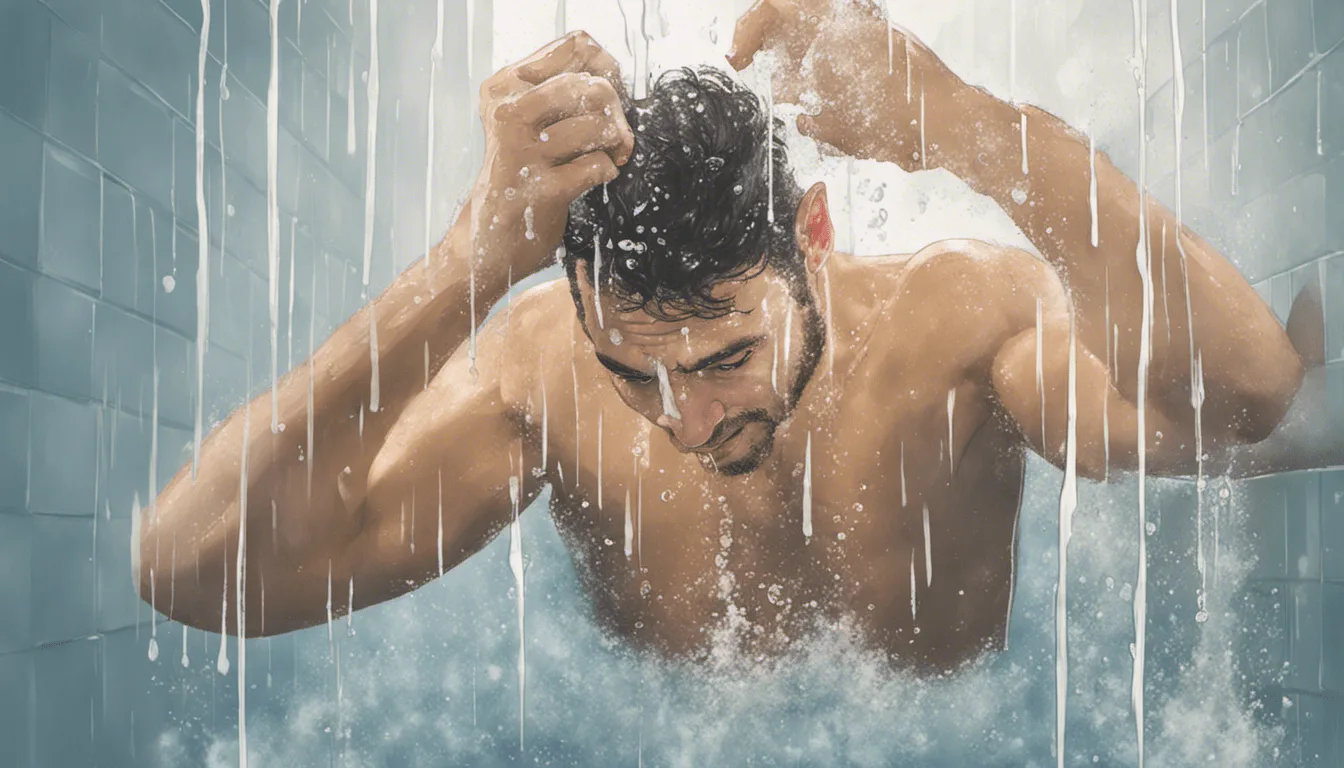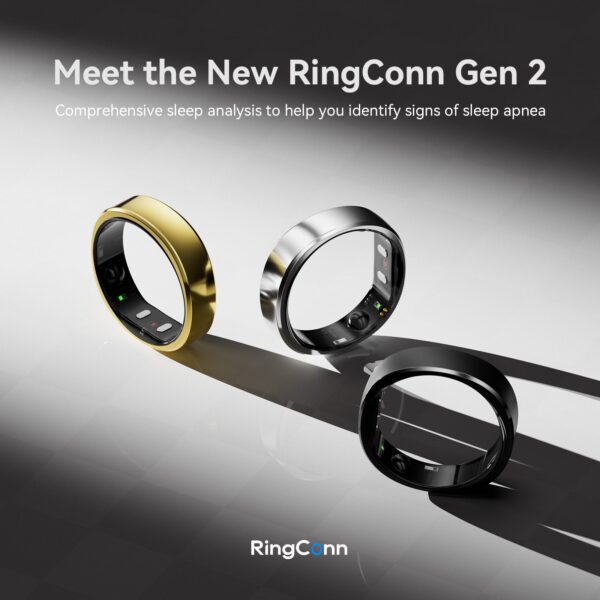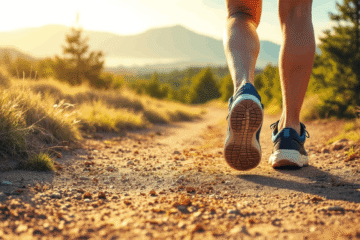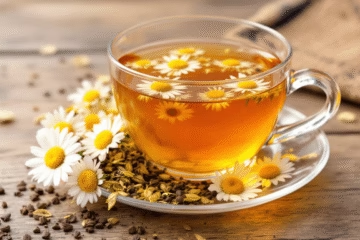A shower is the perfect means for relaxation, cleanliness, and positive self-energy in our daily lives, whether hot or cold. Showers are important in our lives, even during the busiest days. As per the season and weather requirements, you can choose between a hot and cold shower to clean and calm your body.
Find Out Which Is Better for Your Health
According to medical research, there are several health-related benefits of both hot and cold showers, which are scientifically backed. In this article, we will see the individual benefits of both showers and their benefits on body health.
Hot water shower – a winter need
Full-body cleansing is the utmost requirement of daily life. For this purpose, a shower plays a sole role in refreshing the whole body. A hot shower is the only option for body cleansing in winter when weather conditions are harsh. Other than winters, a hot water bath can also serve different purposes in the appropriate temperature conditions.
Step into the world of learning and personal growth with the Centre of Excellence!
Moreover, suppose you are having problems falling asleep and relaxing at night. In that case, you can also take a hot shower to release the stress.
The most common benefits of hot showers are:
Muscle relaxation
After a strenuous workout or in case of body pain, a hot water shower can help relieve body tension and soothe muscle fatigue. Moreover, a hot shower activates the parasympathetic nervous system, which is associated with the body’s relaxation and relief from pain.
Alleviate respiratory symptoms
Taking a hot shower has multiple health benefits. It is a good way to help clear a stuffy nose. Moreover, the steam from a hot shower can release phlegm in the nose and throat, relieving respiratory discomfort.
Improved blood circulation
Dipping your body into the hot water up to the neck can be a good exercise for your blood vessels. The reason is that water helps create physical pressure on the body to increase the heart’s capacity. In other words, the heart tends to work strongly and even faster when a person is in the water. A hot shower can serve as mild exercise and a good workout for the cardiac muscles. Vasodilation in the peripheries also helps with improved circulation and good distribution of blood throughout the body.
Anti-hypertensive
Medical research shows you can lower your blood pressure by soaking in a hot water tub. This phenomenon is the best option for patients with different heart conditions. But, in case of severe cardiac conditions, do not forget to refer to your physician because it can raise the heartbeat rate in some cases.
Because it lowers blood pressure, a hot shower can also be a great way to get rid of headaches. Most of the time, headaches occur due to the narrowing of the blood vessels. The positive effect of a hot water bath is vasodilation, which alleviates the pressure on the vessels to cure headaches. Similarly, a hot water bath can help reduce daily anxiety and improve self-image.
Cold shower – a better alternative?
A short cold shower session might not seem to be as relaxing and calming, but it has more benefits than average in comparison to hot showers.
Step into the world of learning and personal growth with the Centre of Excellence!
The most common benefits of a cold shower are:
Recovery after a workout
Cold showers and ice baths have become popular topics in fitness for post-workout recovery. According to a research study, exposure to cold water, as in cryotherapy or cold water immersion, is the best way to reduce inflammation and muscular fatigue.
A cold water shower or bath helps reduce the perception of fatigue and pain in the patient for about 96 hours after the workout.
Reduced itching
In the case of sensitive skin, a cold shower can help in reducing itching because of its cooling and anti-inflammatory effects. According to research, a cold shower helps in overcoming the feeling of itch, redness, and warmth. The reason behind reducing the redness is vasoconstriction, which causes less blood flow to the targeted area. Due to less blood supply, the skin becomes less sensitive, and the redness subsides.
Protection of skin and hair proteins
When showering with cold water, it doesn’t affect your hair and skin texture. Moreover, a cold shower doesn’t deprive the skin and hair of natural moisture or oil. Showering the hair with cold water rather than hot water is often advised to keep the hair less frizzy and moisturized.
In the case of skin health, a cold shower helps close the pores to tighten the skin. A cold shower is always gentle on the body and the hair. A cold shower is the best remedy to prevent hair fall as well.
More energy and a state of alertness
A cold shower is preferred for morning showers to maximize attention, focus, and alertness. In comparison, hot showers are preferred in the evenings for more profound relaxation and calmness. A cold water shock can increase the oxygen intake and heart rate to alert the body and energize it further. In case of extreme tiredness, a cold shower can be an excellent remedy for immediate recovery. If you intend to stay awake for some important event, take a cold shower for 30 minutes before to achieve your purpose.
Ringconn Rings
The RingConn Rings are the perfect blend of modern technology and elegant design. With advanced features for health tracking, communication, and smart home control, the RingConn Rings allow you to stay connected and informed while embracing a sophisticated aesthetic.
Cold vs. Hot Showers: The Takeaway
Most of the time, people prefer hot and steamy showers to cold ones. However, according to some scientists, cold showers or lukewarm showers are the best categories of showers across the world. Both hot and cold showers have their benefits; therefore, it depends on the goals you are trying to achieve and your personal preference.
However, generally speaking, lukewarm showers are the best ones. Cold showers are significant in reducing skin itching and retaining natural skin oils. In contrast, hot showers play their roles in relaxing muscles, improving sleep, and relieving different respiratory symptoms such as congestion.
Particularly, hot showers are damaging to hair health and hair protein structure. For bathing and washing hair, scientists recommend cold water and cold showers. In cold weather, you can take a quick rinse of cold water at the end of a hot shower to minimize the open skin pores and close hair cuticles due to heat.
Frequently Asked Questions:
What are the main health benefits of taking hot showers?
Hot showers help relax muscles, alleviate respiratory symptoms, improve blood circulation, lower blood pressure, relieve headaches, and reduce stress.
Why should I consider cold showers over hot showers?
Cold showers can help with post-workout recovery, reduce skin itching, protect skin and hair proteins, and increase alertness and energy levels.
What is the recommended shower temperature for skin and hair health?
Lukewarm showers are generally considered best for skin and hair health, as they help retain natural oils and prevent damage from hot water.
Can hot showers be harmful to hair?
Yes, hot showers can damage hair by affecting its protein structure and causing dryness, so it’s advisable to use cold water for washing hair to keep it healthy and moisturized.
How should I choose between hot and cold showers based on my goals?
Choose hot showers for muscle relaxation, improved sleep, and respiratory relief, and opt for cold showers for recovery, skin health, and increased alertness, depending on your personal needs and preferences.
References:
- Robbins, A. C. (1942). The effects of hot and cold shower baths upon adolescents participating in physical education classes. Research Quarterly. American Association for Health, Physical Education and Recreation, 13(3), 373-380.
- Buijze, G. A., Sierevelt, I. N., van der Heijden, B. C., Dijkgraaf, M. G., & Frings-Dresen, M. H. (2016). The effect of cold showering on health and work: a randomized controlled trial. PloS one, 11(9), e0161749.
- Ajjimaporn, A., Chaunchaiyakul, R., Pitsamai, S., & Widjaja, W. (2019). Effect of a cold shower on recovery from high-intensity cycling in the heat. The Journal of Strength & Conditioning Research, 33(8), 2233-2240.
- Grubb, M. (2001). A cold shower in a hot climate: Climate change responses on the knife-edge. Energy Policy, 29(11), 833-836.
- Kinugasa, T., & Kilding, A. E. (2009). A comparison of post-match recovery strategies in youth soccer players. The Journal of Strength & Conditioning Research, 23(5), 1402-1407.
Body, Mind, And Soul For A Fulfilled Life!





